BASRA, Iraq (April 7, 2010) -- With the drawdown of U.S. forces in Iraq and the movement of Iraqi forces into the role of providing all security for the country, bases that have housed U.S. troops over the past several years - in many cases alongside Iraqi troops - are being returned to full Iraqi control.
Three of the most recent were officially returned at the end of March 2010, included one of the largest bases to be transferred to Iraqi control so far, Contingency Operating Station Hunter, in Maysan Province, which was returned March 28.
The COS Hunter return included more than $2 million in property -- such as buildings and heating and air conditioning units, according to the papers signed by representatives of both nations.
The other two bases, the Numaniyah Training Center in Wasit Province and Patrol Base Shaibah in Basra Province, included more than $1 million in property in each case.
Property that is not needed by units leaving the bases is identified and the information considered to see if any other units in theater need it, said Chief Warrant Officer Kenneth Shuler, from Killeen, Texas, United States Forces-Iraq Basing, Facilities and Environmental section.
If not needed elsewhere, the non-sensitive items -- those excluding computers and similar equipment -- are transferred to the Iraqi government.
This ensures the Iraqi troops have what they need to use the bases effectively, but it also serves a practical purpose for the U.S. military, said U.S. Air Force Capt. Vaughn Threatt, a Meridian, Miss. native, assigned to the United States Division-South Engineering Cell. In many cases, given the value of the property transferred, it is actually more affordable to transfer the property than to return it to the U.S.
The returns also serve as testament to how security is improving in Iraq, he said.
"The Iraqi Army, police, security forces are taking more responsibility, and as they do, we're able to turn over this property because we know that they are capable of doing the mission without as much engagement as they've had before with U.S. forces," he said.
The return ceremonies and receptions that follow also show a lot about the relationship that has developed between the U.S. and Iraqi personnel.
"We really appreciate the help you give, the support you did; you stand shoulder-to-shoulder with all the army, you lost a lot of your people: this is all appreciated in Iraq," said Sameer Alhaddad, the representative for receivership of the chief of staff of the Iraqi prime minister, at the Numaniyah Training Center return.
Many of the U.S. troops leaving the bases will continue to work with the Iraqi forces in the area, but they will be based on one the few central bases still housing U.S. personnel.
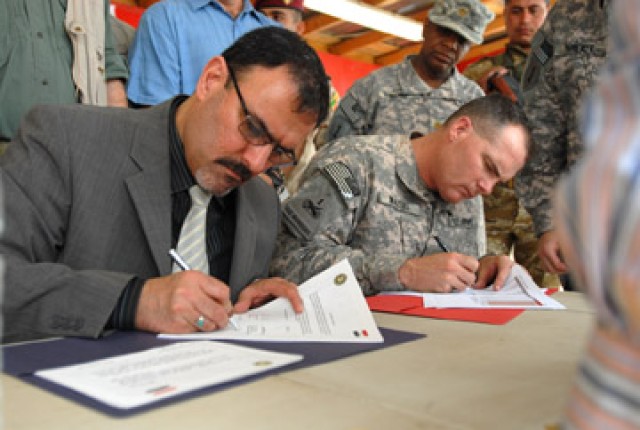
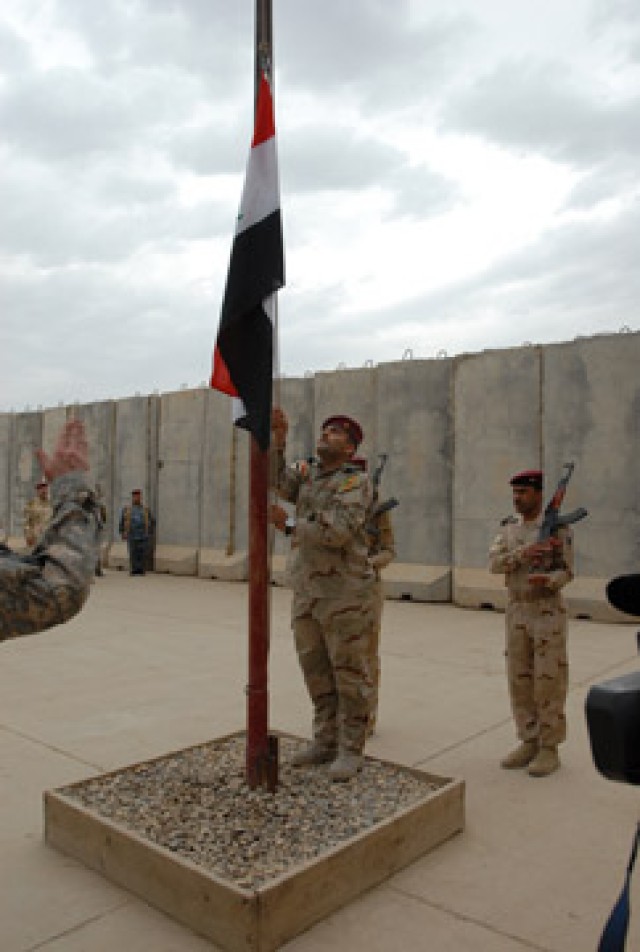
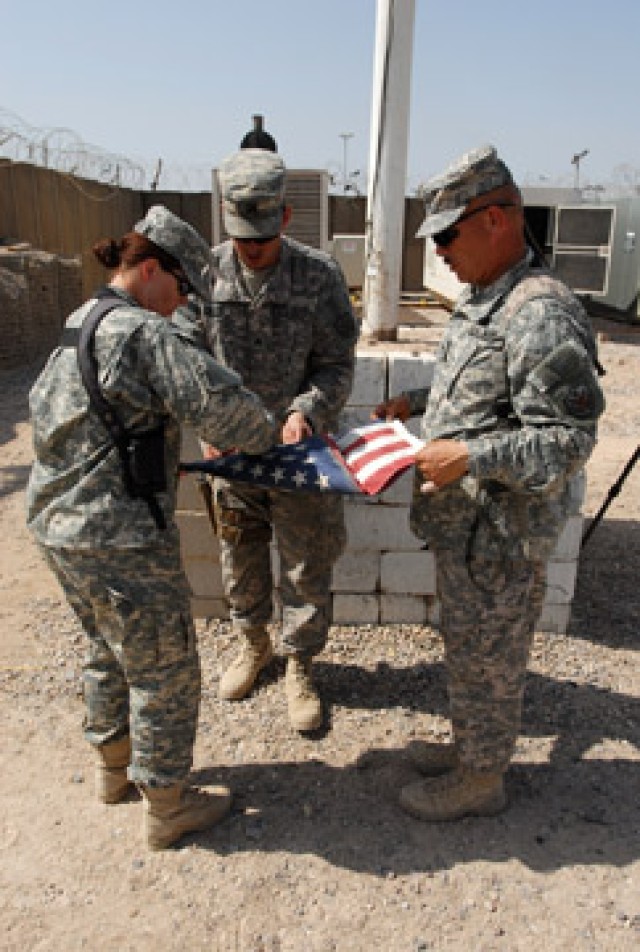
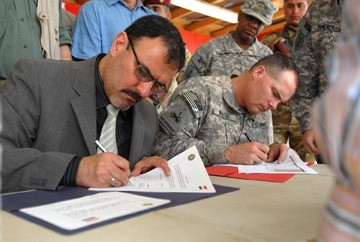
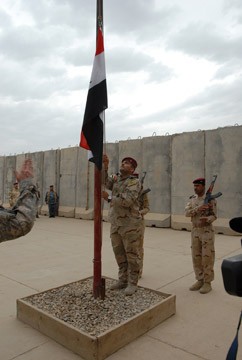
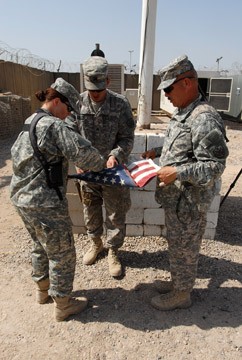
Social Sharing